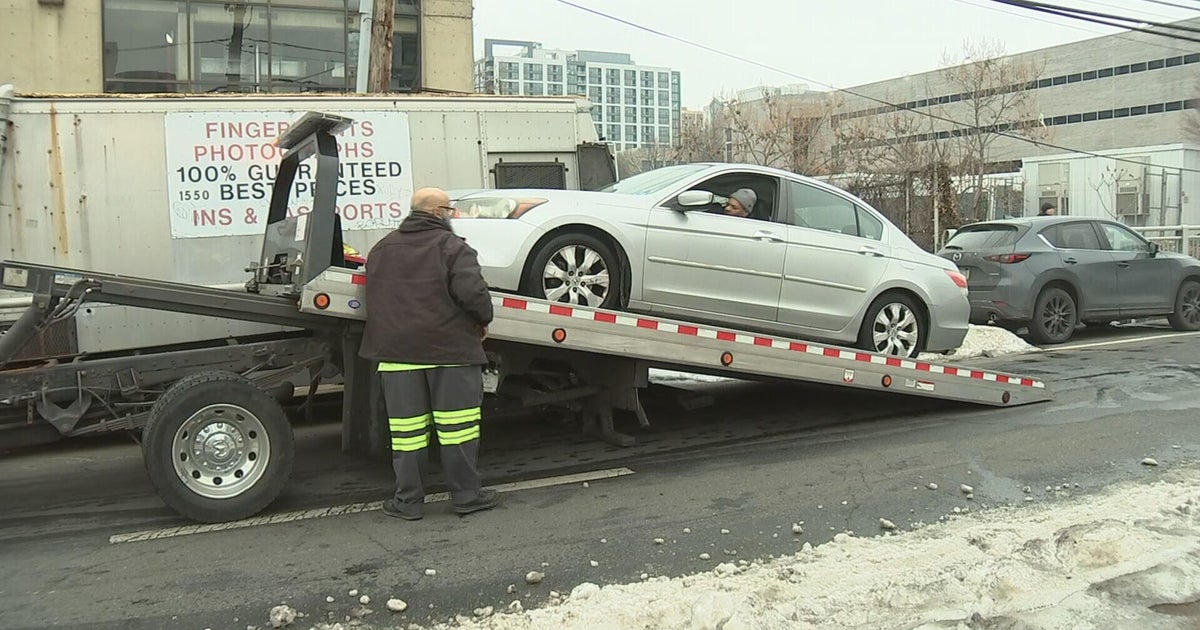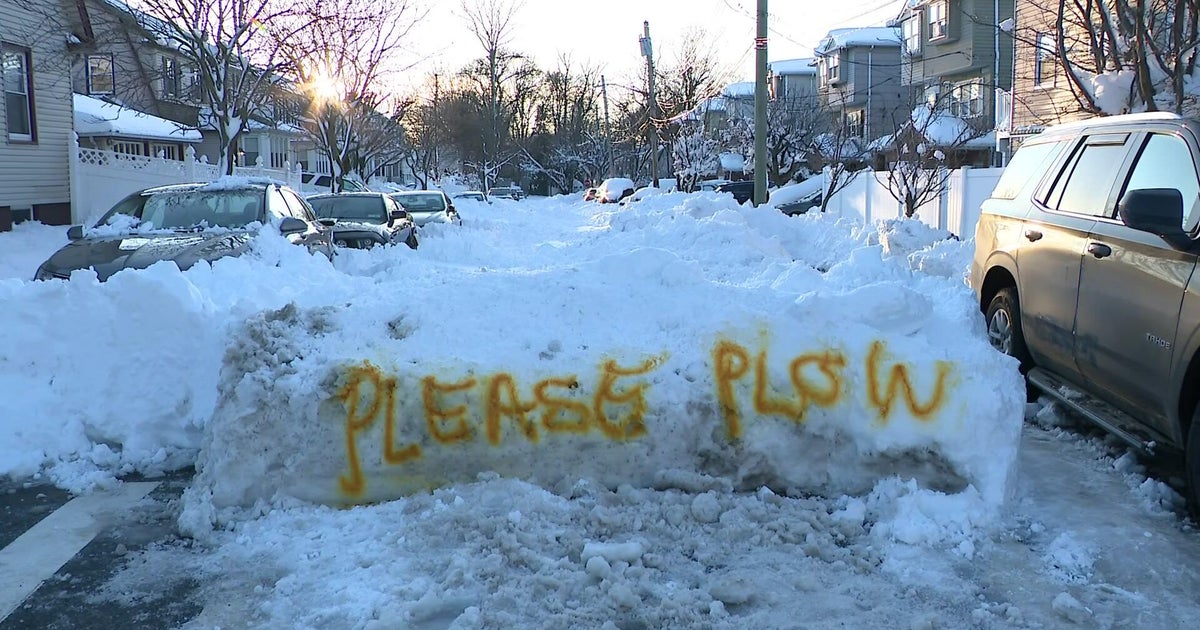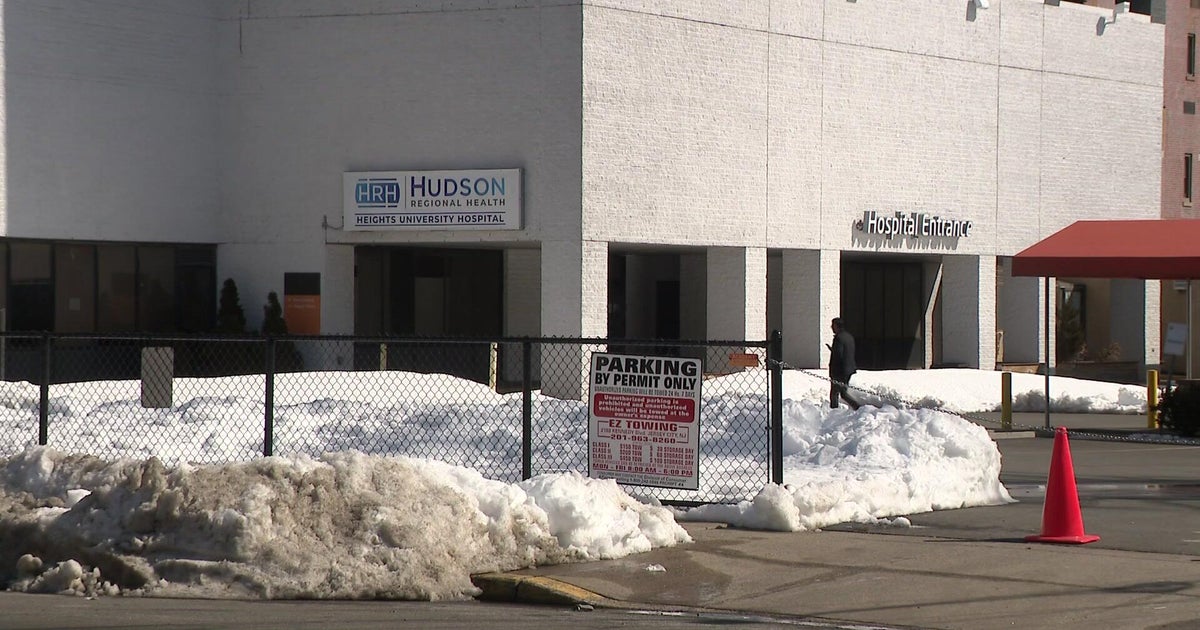Philadelphia's Zoning Code Overhaul Moves Forward In Council
By Mike Dunn
PHILADELPHIA (CBS) -- After four years of work, a top-to-bottom overhaul of Philadelphia's antiquated zoning code gained an initial approval today in a City Council committee. But the rewrite is by no means a done deal.
Developers, contractors, attorneys, neighborhood associations -- virtually everyone involved in the four-year process of overhauling the zoning code was thrilled to get to an apparent conclusion with the Council committee's approval.
But even after the plan is, as expected, passed by the full Council and signed by the mayor, it's still a work in progress.
Councilman Brian O'Neill pointed out that new zoning code won't take effect for eight months after becoming law.
"Community groups will be able to ask the questions, as will district councilmembers, at-large councilmembers, (and) get answers and make changes over the next eight months to this, if there is something that we missed," he said.
One issue raised by some residents at the hearing -- to possibly be addressed next year -- was whether third-story additions on a block of two-story rowhomes should be allowed.
Among the residents speaking out against three-story townhouses was Madeline Shikomba with the North of Washington Avenue Coalition.
"The building of these three-story structures in two-story neighborhoods not only destroys the character and aesthetic beauty of the block, but also affects the property value," she said.
But Councilman Bill Green, a member of the commission that rewrote the zoning code, said the new law would require a third story be set back eight feet from the front of the home.
"The eight-foot setback is going to really improve the way this looks on the street level," Green said.
The current zoning code was written back in 1962, adopted two years later, and has been revised numerous times since. Supporters of the overhaul said the current rules are so bad that most development requires variances that add to the project's cost and timing.
One goal of the rewrite was to reduce the need for variances without cutting out the voice of the neighbors who are affected by new projects.
While the new zoning rules are expected to become law by year's end, some councilmembers want this particular issue revisited next year.
----------







